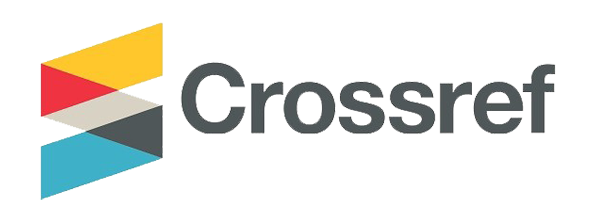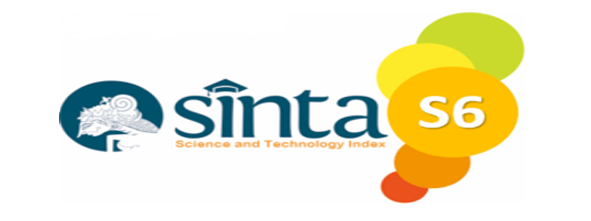A Synthesis of Research on the Implementation and Impact of the 5E Learning Cycle Model in Science Education
DOI:
https://doi.org/10.51178/invention.v6i3.2920Keywords:
5E Learning Cycle, Learning Outcomes, Science LiteracyAbstract
The 5E Learning Cycle model has emerged as one of the most effective constructivist approaches for enhancing students’ engagement and conceptual understanding in science learning. This study aims to comprehensively review the application and impact of the 5E Learning Cycle model on various aspects of learning in primary and secondary education. A systematic analysis was conducted on twenty peer-reviewed articles published between 2017 and 2025 to identify how this model influences cognitive, affective, and psychomotor learning outcomes. The review focuses on the effects of the 5E model on students’ science process skills, science literacy, higher-order thinking skills, problem-solving abilities, and character development. Findings reveal that the implementation of the 5E Learning Cycle, which consists of the stages of Engagement, Exploration, Explanation, Elaboration, and Evaluation, successfully creates active, constructive, and meaningful learning experiences. The model’s consistent application improves learning motivation, scientific attitudes, and conceptual mastery, with reported N-Gain values ranging from 0.37 to 0.69, indicating moderate to high improvement levels. Integrating the 5E model with learning strategies such as mind mapping, STEM-based worksheets, Quizwhizzer, and educational media further enhances its effectiveness in promoting science literacy and critical thinking. Although most studies emphasize short-term outcomes, overall findings confirm that the 5E Learning Cycle is a relevant and adaptive approach for addressing 21st-century learning challenges by fostering active engagement, deep understanding, and holistic character formation.
Downloads
Published
Issue
Section
License
Copyright (c) 2025 Odor Debora Pita Uli Sinaga, Helen Veronita H, Mariati Purnama Simanjuntak

This work is licensed under a Creative Commons Attribution-ShareAlike 4.0 International License.











